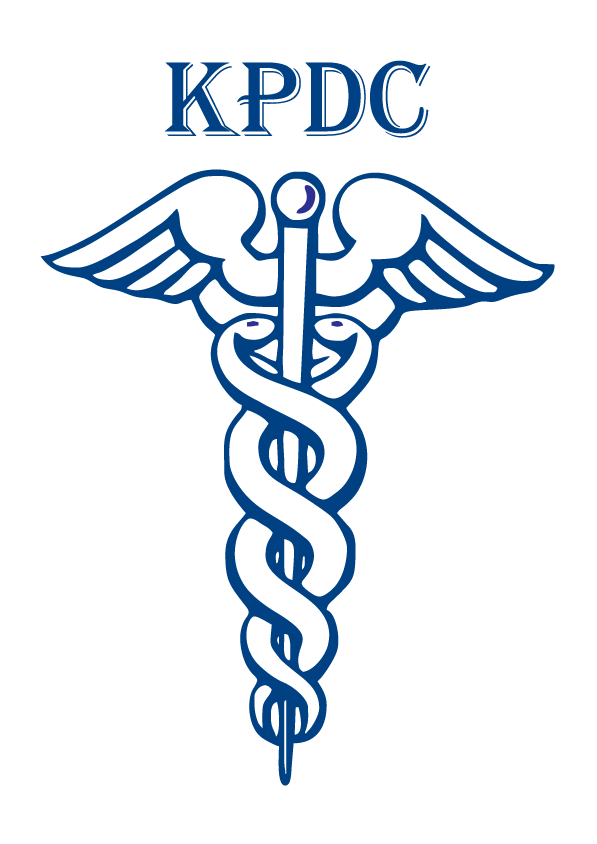OCD Treatment
The treatment of Obsessive-Compulsive Disorder (OCD) typically involves a combination of therapeutic approaches and, in some cases, medications. The choice of treatment will depend on the severity of the symptoms and the individual's preferences. Here are the main components of OCD treatment:
Cognitive-Behavioral Therapy (CBT):
- Exposure and Response Prevention (ERP): ERP is the most effective form of CBT for OCD. It involves exposing the individual to situations or objects that trigger their obsessions (exposure) and then preventing them from engaging in their compulsive behaviors (response prevention). Over time, this can help reduce the anxiety associated with obsessions and diminish the need for compulsions.


